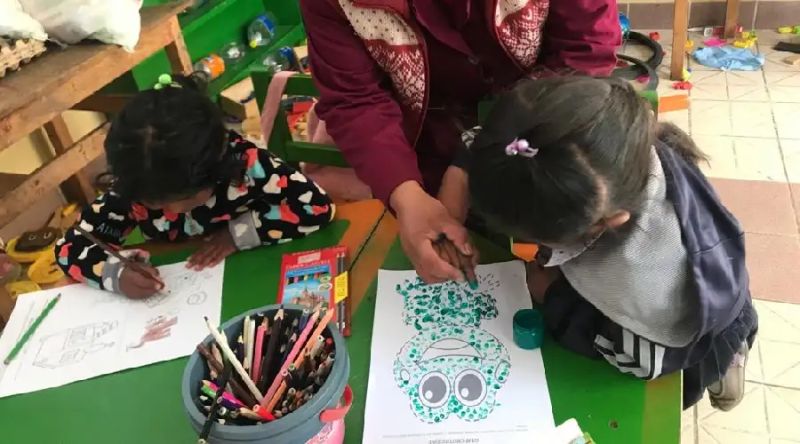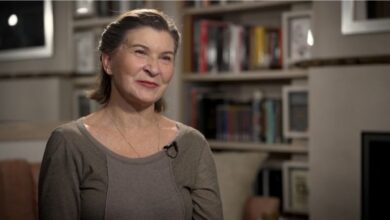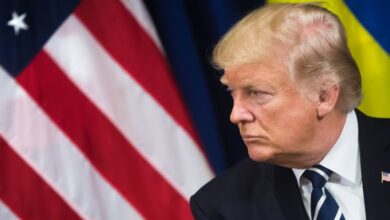Human-rights lawyer says Trump administration poised to help Armenian Christian POWs

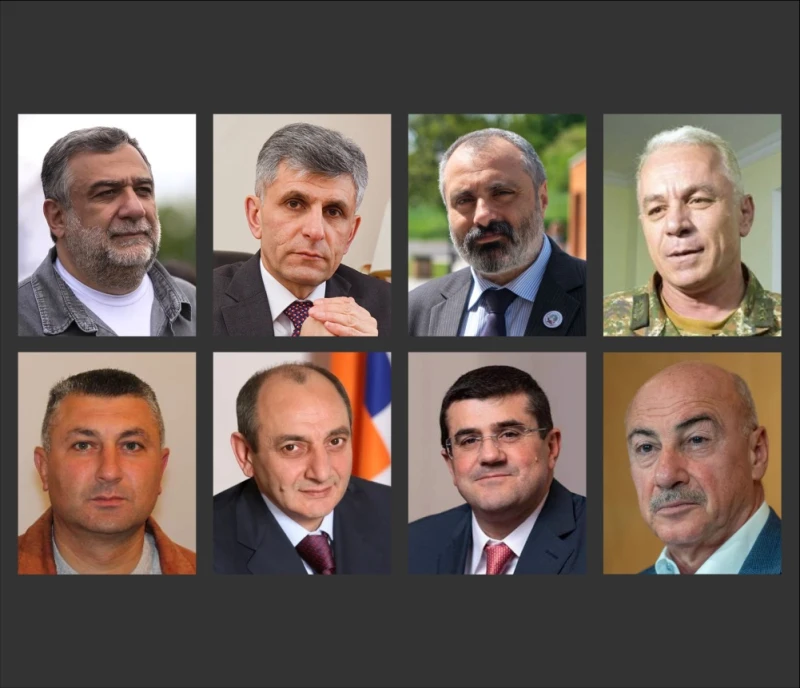 Human-rights lawyer Jared Genser is advocating on behalf of all Armenian prisoners of war and refugees of Nagorno-Karabakh and for true peace and stability between Armenia and Azerbaijan. / Credit: Free Armenian Prisoners campaign
Human-rights lawyer Jared Genser is advocating on behalf of all Armenian prisoners of war and refugees of Nagorno-Karabakh and for true peace and stability between Armenia and Azerbaijan. / Credit: Free Armenian Prisoners campaign Washington, D.C. Newsroom, Apr 3, 2025 / 15:00 pm (CNA).
A renowned international human rights lawyer is urging the Trump administration to fulfill its campaign promise and intervene on behalf of Armenian Christians as a recently negotiated peace agreement with Azerbaijan threatens to leave prisoners stranded.
“Our request up front to the administration has been quite clear: [A] deal for the release of Armenian Christian POWs must be a precondition to [a peace deal] moving forward, which has been the position of the administration,” Washington, D.C.-based international human rights lawyer Jared Genser told CNA.
Earlier this month, Armenia and Azerbaijan agreed to the text of a peace agreement that would end nearly four decades of conflict between the embattled countries. Neither country has signed the compact, though Armenian Prime Minister Nikol Pashinyan on social media has expressed eagerness to do so, despite widespread disagreement over several of its reported stipulations.
The draft of #Armenia–#Azerbaijan peace agreement has been agreed upon and awaits signing.
I propose Azerbaijani President Ilham Aliyev to begin joint consultations on the signing of the agreed draft peace agreement.
— Nikol Pashinyan (@NikolPashinyan) March 20, 2025
Once dubbed “the Extractor” by the New York Times, Genser is known for his successful work in freeing wrongfully imprisoned people around the world. He is currently working to free Ruben Vardanyan, the former state minister of the Nagorno-Karabakh region’s ethnic Armenian separatist government.
At the end of Azerbaijan’s nine-month blockade of the territory, Vardanyan was arrested while attempting to flee with his wife and has been detained in Baku ever since.
Genser said that Vardanyan, a Christian belonging to the Armenian Apostolic Church, has been denied access to a Bible, which he said “has only reinforced that the persecution of him and other leaders from Nagorno-Karabakh is not exclusively because they were an alleged ‘breakaway republic’ but relates to the fact that he’s a Christian.”
“We’ve also seen since the ethnic cleansing as well the burning to the ground of Armenian churches and other Armenian heritage sites,” Genser added.
Vardanyan faces 42 separate charges and awaits trial before a military tribune, despite never having served in the military. Since being imprisoned, he has undergone 200 hunger strikes, according to Genser, with the latest strike lasting 23 days, during which he lost about 14 pounds.
Freedom for Armenian Christian POWs must come before any peace deal
Part of his work in freeing Vardanyan, Genser said, is advocating on behalf of all Armenian prisoners of war and refugees of Nagorno-Karabakh and for true peace and stability between the two countries.
“When you represent a high-profile political prisoner,” Genser said, “your instructions are not to exclusively lobby for them because that really doesn’t even work, even if you wanted to do that. Really, it’s to look at the broader set of issues that are implicated and to work hard at addressing them.”
Genser pointed out that President Donald Trump had campaigned on standing up for persecuted Armenian Christians, condemning what took place in Nagorno-Karabakh as “ethnic cleansing” while on the campaign trail in October 2024.
( @realDonaldTrump – Truth Social Post )
( Donald J. Trump – Oct 23, 2024, 6:16 PM ET )Kamala Harris did NOTHING as 120,000 Armenian Christians were horrifically persecuted and forcibly displaced in Artsakh. Christians around the World will not be safe if Kamala Harris is… pic.twitter.com/uXcqUT4t5F
— Donald J. Trump 🇺🇸 TRUTH POSTS (@TruthTrumpPosts) October 23, 2024
Now, Genser said release of the prisoners is “a top priority for the new administration.”
“We have been told that their freedom needs to be a precondition for President Trump to ultimately bless a peace deal,” Genser revealed.
“I think that’s a really important development because our biggest fear all along has been that if a peace deal were to proceed, and there was no resolution of Nagorno-Karabakh or of the Armenian Christian POWs, then unfortunately, it could lead to a sacrificing of those prisoners as a part of the peace deal.”
Neither of these critical issues are contained in the current peace deal, nor are they on the bilateral agenda, according to Genser. However, he said there are many things the Trump administration can do to push for these ends.
Genser declined to say what specific methods should be employed to apply pressure on Azerbaijan President Ilham Aliyev for the POWs, though he encouraged the Trump administration to “shock” Azerbaijan’s president, whom he described as a dictator.
“At the end of the day,” Genser said, “dictators only release political prisoners when they have to. They never do it because they want to or because they’re magnanimous or humanitarian by orientation.”
“The only way that happens is when the dictator sees the cost of detaining the political prisoner or political prisoners as being dramatically higher than the benefits of detaining them.”
Beyond the situation faced by Armenian POWs in Azerbaijan, Genser said there are “many issues outstanding in terms of the conditions of the peace deal as well that are worrying.”
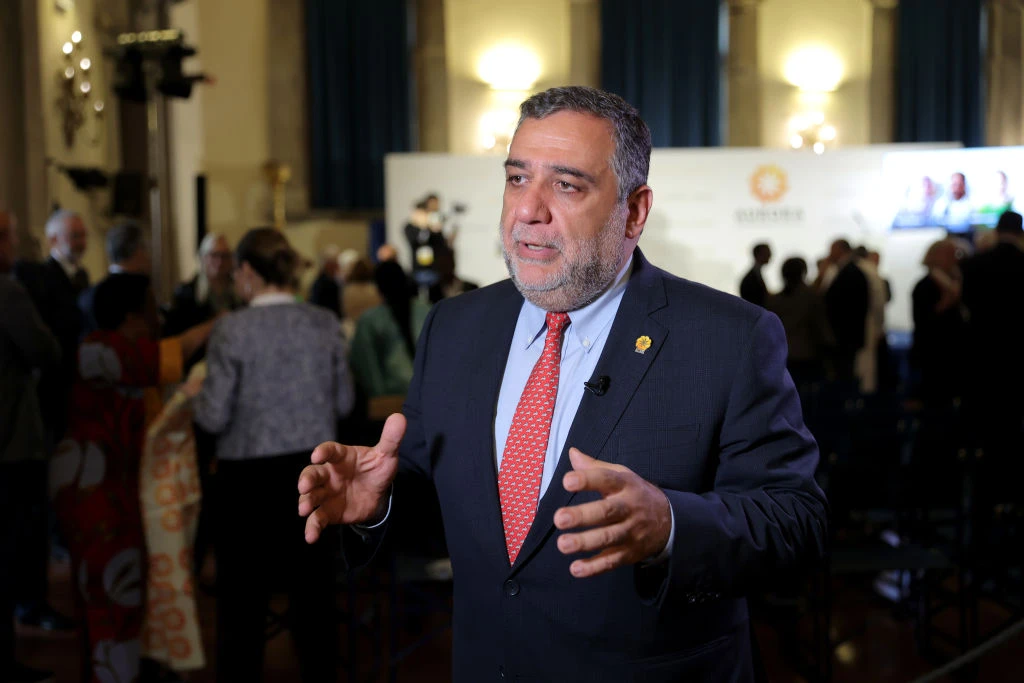
Chief among them are Aliyev’s demands that Armenia cede the Lachin Corridor, giving him a pathway to lay a pipeline from Azerbaijan to Turkey via Armenia, and that Armenia remove a preamble in its constitution that lays a territorial claim on Nagorno-Karabakh.
“The problem with that is that one has never seen any peace deal in the world where a country gives up their sovereign land and cuts off part of their own population from the main part of the country, which is what this would do,” Genser said.
As the Jamestown Foundation pointed out in its analysis of the peace deal, the Armenian government’s messaging on this front has been mixed, with Pashinyan having in the past stated Azerbaijan’s constitution contains territorial claims rather than the other way around, while also advocating as recently as March 13 for constitutional amendments that would have “inherently regional significance.”
“Unless Azerbaijan withdraws its long-standing demand that the Armenian Constitution be changed, it is unlikely to be signed before mid-2026 or even 2027,” the article noted.
Amid the dispute, Azerbaijan has accused Armenia of violating its ceasefire agreement — which Armenia denies — augmenting further tension between the countries as the fate of political prisoners hangs in the balance.
When asked about the plight of Armenian Christian POWs, the State Department told CNA: “We continue to monitor the situation closely through our embassies in the region. All those detained should have their human rights respected and, if criminally charged, have all fair trial guarantees afforded to them.”
Genser said peace will not be possible until “all relevant issues and all relevant potential provocations have been identified, negotiated, and fully addressed as part of a peace deal itself.”
“A peace deal that leaves unresolved what the future is going to look like for the people of Nagorno-Karabakh and the release of the Armenian Christian POWs is a recipe for future flare-ups, disagreements, and even potential war,” he said.


